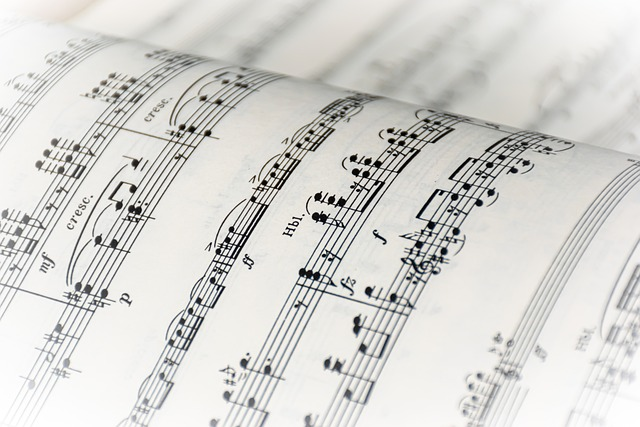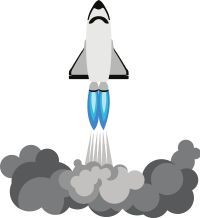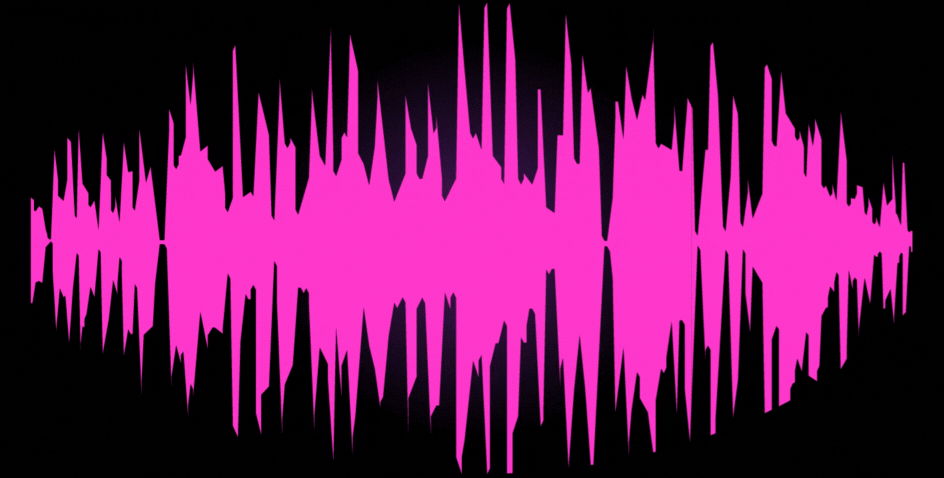1. Choose Your DAW
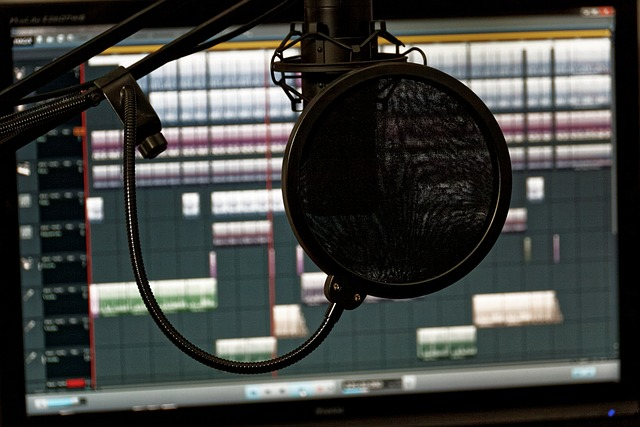
Step 2: Master Your Digital Audio Workstation (DAW)
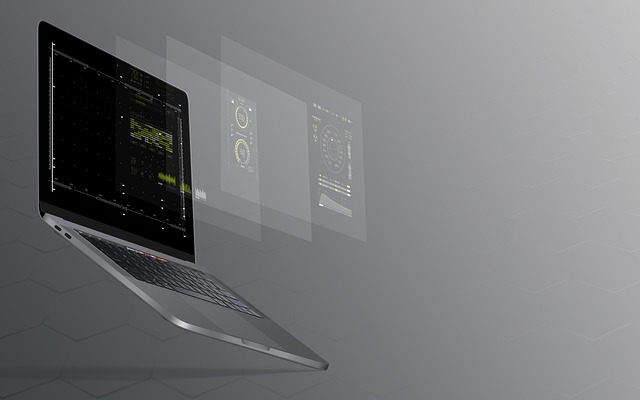
One helpful suggestion is to use the same software as a friend who produces music using specific software. This way, you can benefit from their expertise and gain valuable insights and techniques directly from them. It's like having a free source of advice and a chance to learn from their music production skills
.
Otherwise, decide the DAW you want to work on, find and start your music production course, get all the music production tips you need, and begin the production process correctly.
Even though there are plenty of YouTube channels with tons of YouTube Tutorials and fragments of knowledge you could find on the WEB, The music production process can be tricky. If you want to save time, money, and effort, you'd better start an electronic music production course and go for it. You will gain insight into music theory, how to create your own sound, your own melodies, and good production skills.
This is because a course has a logical structure and development, and the learning flow is not totally random and not time-wasting like youtube or blog post seeking.
3. Choose The Right Audio Interface
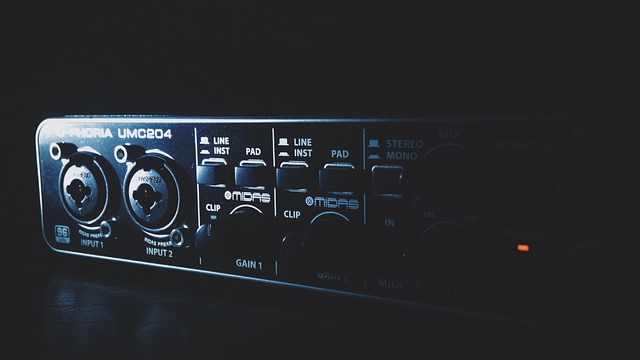
4. How to Enhance Your Music Listening Experience

Headphones
Studio Monitors
Now let's talk about the production process...
5. Practice Regularly

6. Experiment with Different Genres and Styles
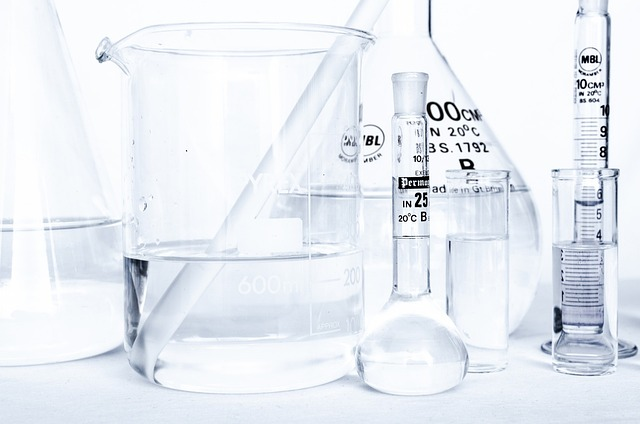
7. Use Reference Tracks from Professional Producers
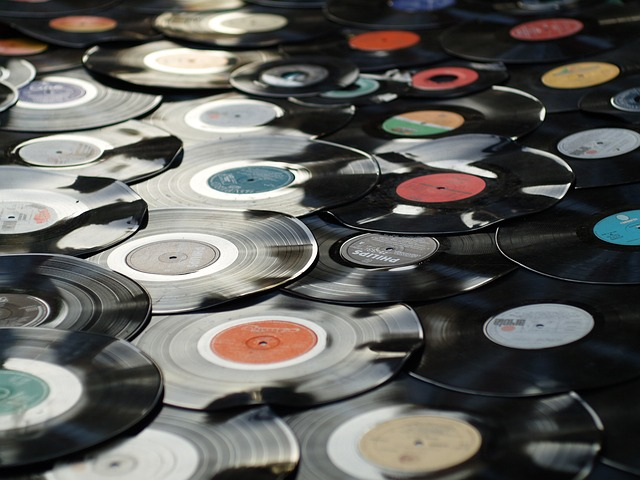
But, pay attention!
8. Develop a Solid Workflow
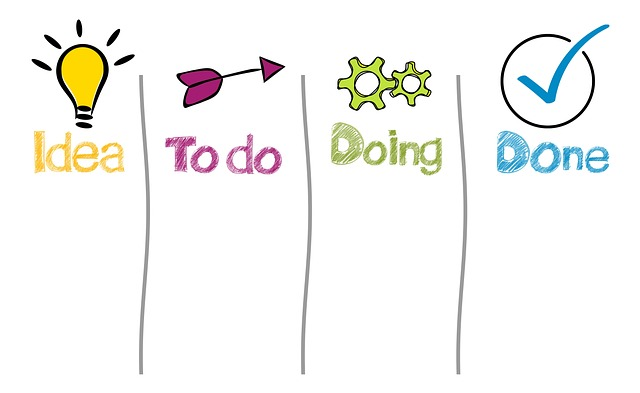
9. Don't be Afraid to Collaborate

10. Develop a Robust Foundation for Your Tracks
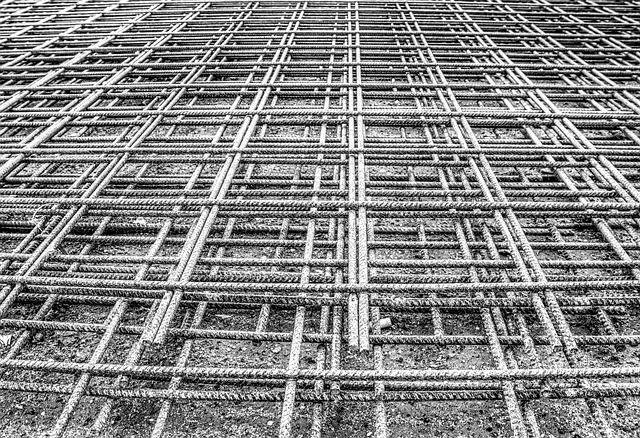
11. Sound Design and Synthesis
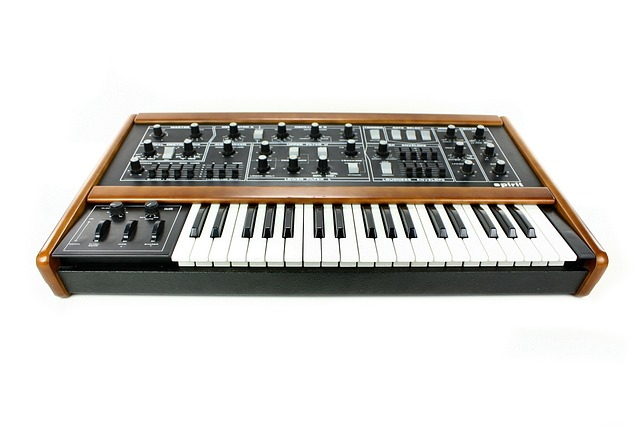
12. Enhancing Tracks with Automation Techniques
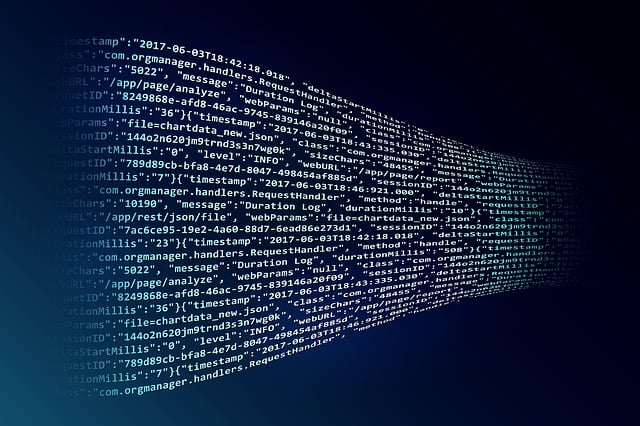
13. Take Breaks while Producing

14. Understand and Utilize the Frequency Spectrum for Effective Track Balancing and EQ
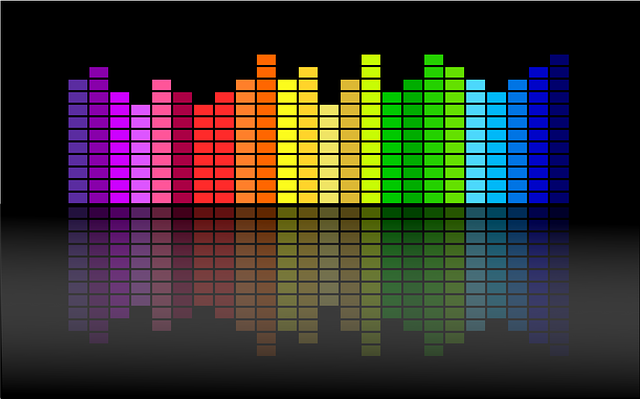
15. Experiment
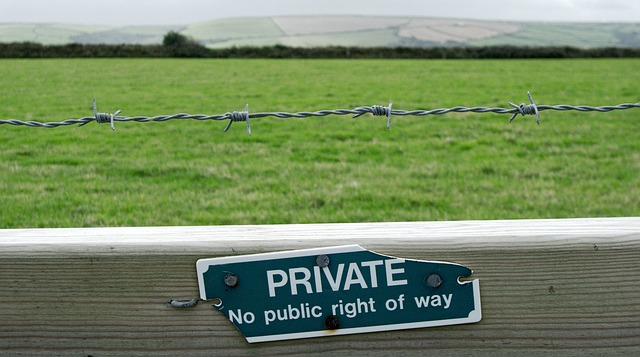
16. Studying Song Arrangement and Structure
